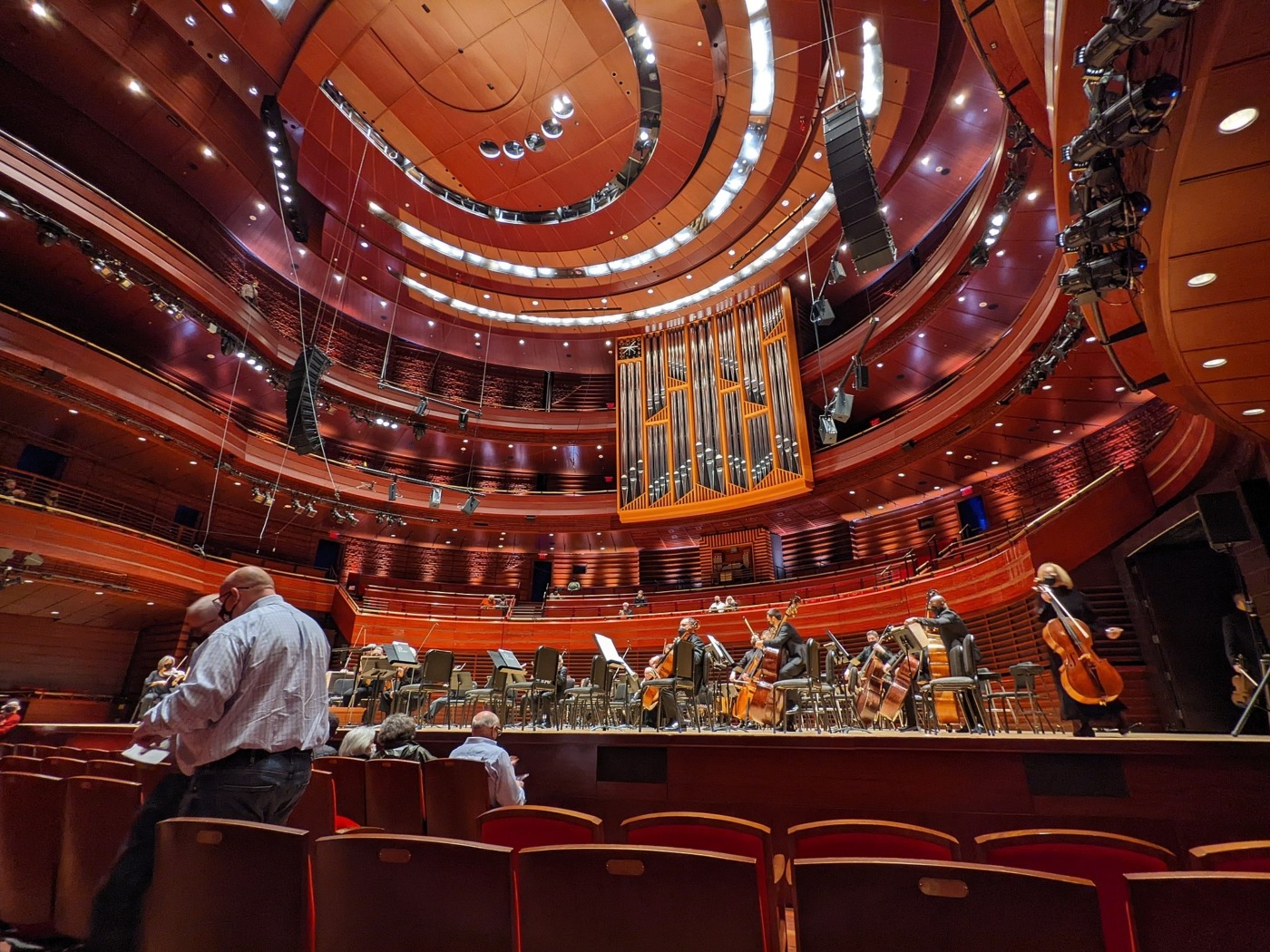Classic FM at 30 — making classical music accessible to all
Video Killed the Radio Star: so sang The Buggles in 1980. 40 years later, the opposite could not be more true. Radio has proven itself as an adaptable, reinvigorated medium that has also maintained a superb consistency. Particularly during the pandemic, it became an essential tonic for many individuals isolating alone, often due to its intimacy and the connection made between presenter and listener.
Thanks to the continued demand, there really is a station for every genre. Music fans of all stripes are catered for, with new releases as well as greatest hits from days gone by heard across the waves. The station, however, that I believe deserves a far higher level of recognition and appreciation is Classic FM. Marking 30 years since its inception this September, it has become a beacon for celebrating the world’s greatest music (as its slogan dictates).
Like many radio stations, Classic FM excels with listener involvement
One of the many reasons I love Classic FM is the way it has made exceptional music accessible to all. Often, an appreciation of the rich culture of classical music is reserved for private schools, where a school orchestra with time and parents with money can guarantee young people exposure. Similarly, in adult life, the prices for classical concerts, like the Proms, can often make classical music far out of reach for most people. The Proms are an eight-week summer season of orchestral music which have occurred since 1895 and are now organised by the BBC. The UK’s cost of living crisis, however, has sadly meant individual disposable income to spend on culture of any sort has sadly declined.
With its ever-ranging mix of composers, the shows are a delight to the ears in their rich depth of coverage. Yet, like all music stations, it has only been able to succeed thanks to brilliant presenters, such as Tim Lihoreau, who has anchored the iconic breakfast show for over a decade. Similarly, Alexander Armstrong, best known from Pointless and his own singing talents, is the perfect host for guiding listeners through the morning.
Like many radio stations, Classic FM excels with listener involvement. This is best achieved with listener requests, with two hours every weekday devoted to Classic FM Requests. I once took part myself, requesting a piece by Mozart. Much as I love hearing a shoutout as much as the next person, the thrill was hearing a piece of music I’d requested be broadcast on-air, potentially around the world.
Despite the music having a historic, almost ancient feel, it is surprising how prescient Classic FM can make its themes. For example, sports broadcaster Karthi Gnanasegaram hosted an engaging show, ‘Perfect Pitch’, about the relationship between sports and classical music. Similarly, Bill Turnball would regularly host a show during Bonfire Night, made for pets who might otherwise be traumatised by the sound of fireworks. On Saturday evenings, film critic Andrew Collins hosts a ‘Saturday Night at the Movies’ themed show for the very best film scores.
Classic FM is fundamentally a station of contradictions, in the best way possible
Perhaps Classic FM is at its best though during the holidays, specifically the Easter weekend and Christmas break. At Easter, the Classic FM Hall of Fame commences, where listeners choose their favourite 300 pieces of classical music. Broadcast throughout the four-day weekend, the top choice is revealed on the evening of Easter Monday. Ralph Vaughan William’s ‘The Lark Ascending’ has repeatedly been victorious, though Tchaikovsky’s ‘1812 Overture’ has previously also been successful.
At Christmas, Classic FM is the location for the very greatest Christmas music. Rejecting modern pop tunes (some of which are rather excellent), Classic FM embraces the ‘Nation’s Favourite Christmas Carol’, counting down the top 30 Christmas carols between 1 pm and 3 pm on Christmas Day. ‘O Holy Night’, possibly my favourite Christmas carol, has repeatedly won. If you take a listen, you can perfectly understand why.
Classic FM is fundamentally a station of contradictions, in the best way possible. On the one side, it can be deeply calming and the perfect audio escape after a stressful day (not least during exam season). On the other hand, it can bring the widest range of emotions possible, with the beauty, richness, and sheer power of classical pieces guaranteeing an emotional response. That for nearly three decades it has achieved this is a testament to its success, and the volume of listeners interested. May its next three decades be just as successful.

Comments